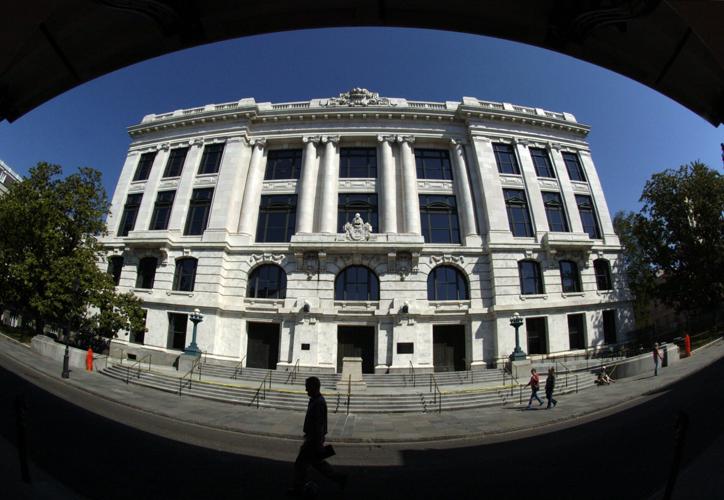The New Orleans Sewerage & Water Board must pony up millions of dollars to Uptown residents and businesses over losses from a massive flood-relief project that ran for years, according to a Louisiana Supreme Court ruling issued Friday.
The court ruled unanimously that the board wasn’t shielded in the case by state protections that normally keep local agencies from having to pay money judgments with any urgency.
Usually, they can write IOUs until they decide to appropriate the funds. In New Orleans, the result has been a long roster of unpaid judgments totaling tens of millions of dollars — a tab the city pays down sporadically, and often at a discount.
But the court on Friday found that in cases of “inverse condemnation” — a “taking” of property by damaging it or lowering its value — federal and state constitutions require the government to pay up.
The Fifth Amendment to the U.S. Constitution bars taking private property for public use "without just compensation." Justice James Genovese described such payouts as a “ministerial, non-discretionary duty,” in the court's opinion.
Numerous homeowners, restaurants and other businesses sued over damages from the federally funded Southeast Louisiana Urban Drainage Project, known as SELA, over work performed on various Uptown streets from early 2013 to late 2016. The work was led by the S&WB and U.S. Army Corps of Engineers.
Several affected homeowners and businesses claimed losses from vibrations, noise, excessive dust and dirt, and diminished access to their properties.
Federal courts previously dismissed attempts to collect on those judgments, but the state’s high court saw it differently. The court's decision came in the case of a church and several neighbors Uptown who were awarded about $1.5 million after a trial.
Their attorney, Randy Smith, said the decision should apply to more than $10 million in unpaid judgments over the SELA project, among others.
A spokesperson for the S&WB declined to answer questions Monday about the ruling, saying that the agency "does not comment on pending litigation."
In a concurring opinion, Chief Justice John Weimer wrote that the S&WB and its executive director, Ghassan Korban, displayed “conscious indifference” to paying up, never attempting to appropriate the money.
Smith said it’s the first time the court has said plaintiffs can seek a “mandamus” — a judge’s order forcing an agency to act — in such cases.
“For forever, the state entities and local entities have been hiding behind the other part of the constitution that says you can’t seize assets to collect against the state,” Smith said. “But the Supreme Court said when it comes to takings ... the right to get paid is self-executing.”
He added: “We’re not asking for the payments to be immediate. It has to be within a reasonable amount of time.”
The Supreme Court noted that the law doesn’t set a deadline for payment, and it declined itself to do so.
“Mindful of the reality of the public policy implications on the public fisc,” Genovese wrote, “and in honoring any statutory limitations applicable to the S&WB, we remand this matter to the district court to tailor a plan for a remedy that ensures satisfaction of the judgment at issue within a reasonable period of time.”



